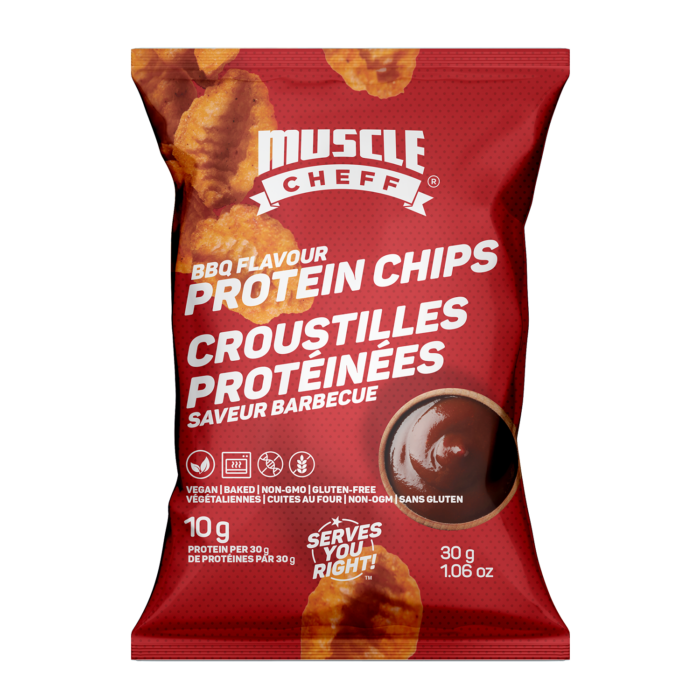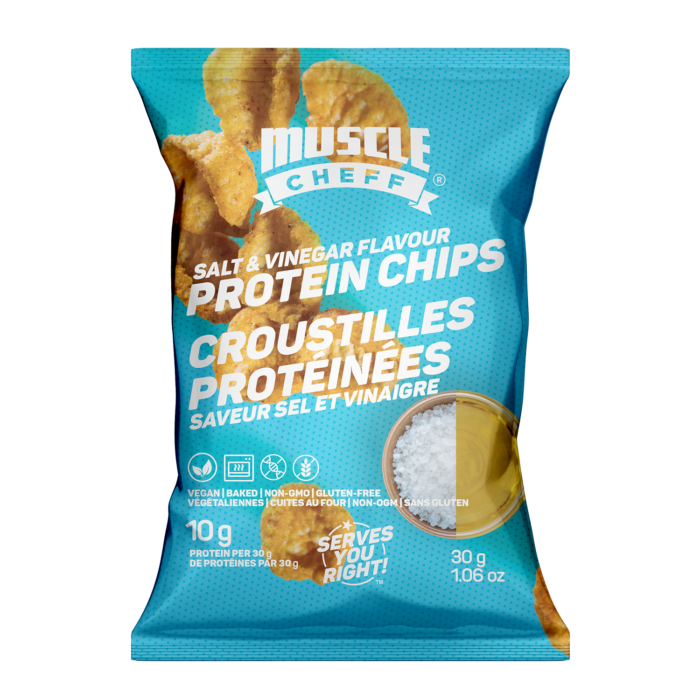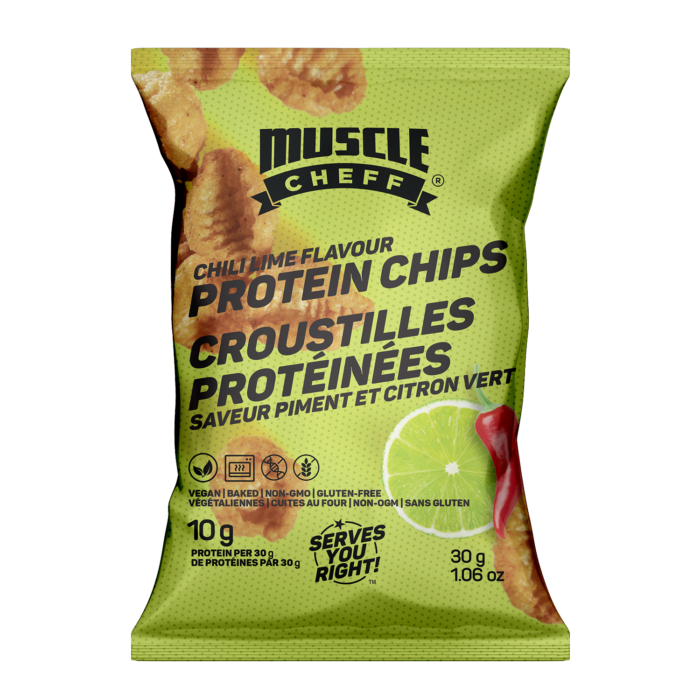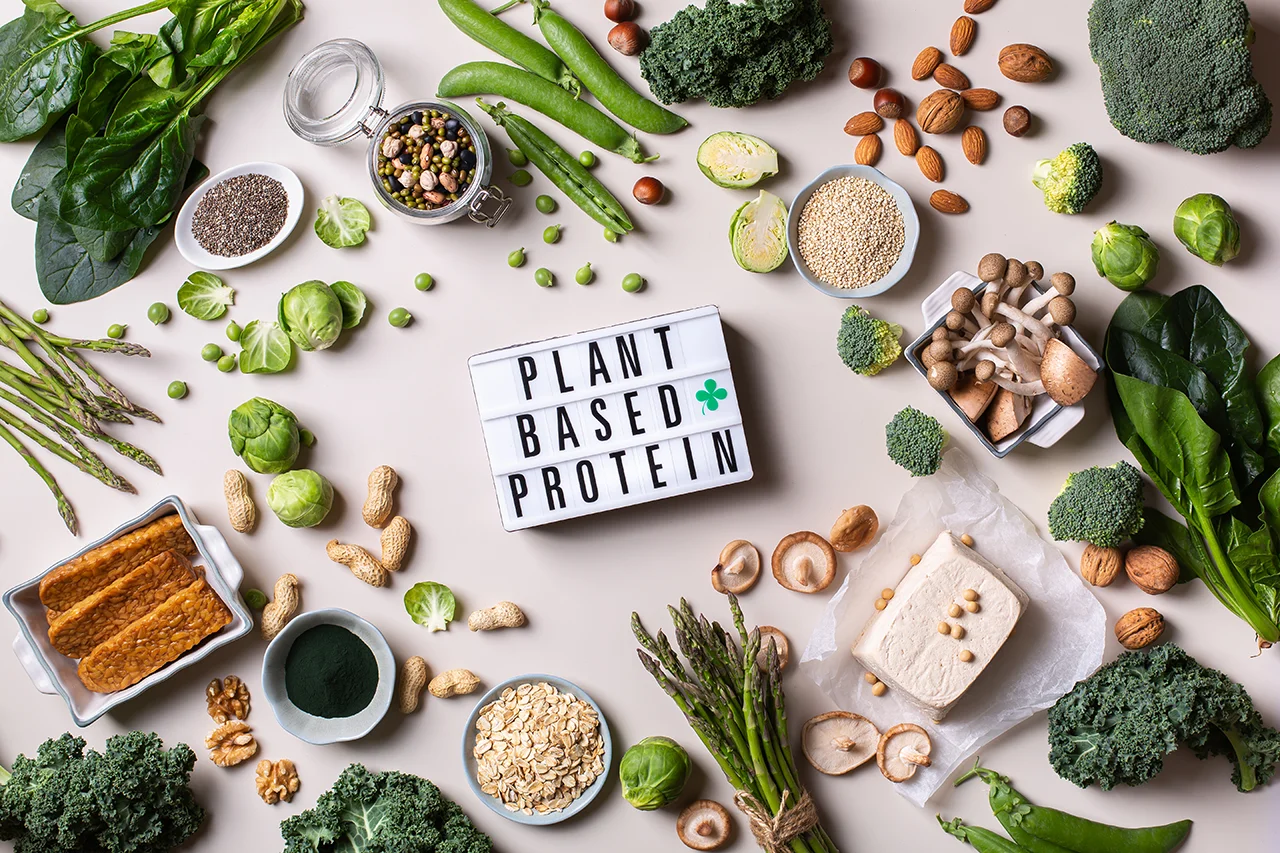Recent years have seen a substantial increase in the popularity of plant-based diets because of factors like lower risk of chronic diseases and environmental friendliness. Adequate protein consumption is one of the biggest concerns for people who want to try this diet. The protein requirements for a well-balanced and sufficient diet can, however, be supplied by a variety of high-protein plant-based sources. Let’s evaluate together the best plant-based protein sources.
Peas
The concentration of starch, protein, fiber, vitamins, minerals, and phytochemicals in peas is the primary factor in the positive health effects of pea protein, which is used in Muscle Cheff Protein Chips. Since fiber is abundant in pea protein, it helps modulate the glycemic response, prevent cardiovascular disease and lower blood pressure by lowering cholesterol and triglyceride levels. Due to its high fiber content, it has a 94% digestion rate, which lessens gastrointestinal and stomach issues like bloating. Its high protein and dietary fiber content can slow down stomach emptying, reduce glucose absorption and concentration, and trigger the release of hormones that control hunger, therefore pea protein also possesses appetite-suppressing effects.
Muscle Cheff Protein Chips are made with pea protein as it serves as a protein supplement to build muscle mass. Increasing protein intake stimulates postprandial muscle protein synthesis and may improve lean mass over the long term. Leucine, isoleucine, and valine, which are branched-chain amino acids (BCAAs) found in pea proteins, stimulate muscle growth.
Legumes
Almost all legumes are great sources of plant-based protein. Beans, kidney beans, chickpeas, lentils, and soybeans are just a few examples of legumes that are high in fiber, vitamins, and minerals in addition to protein. They can be added to a wide range of meals, including soups, stews, salads, and vegan burgers.
Tofu and Tempeh
Products made from soy, including tofu and tempeh, are rich in protein. Tofu is a versatile food that can be used in both salty and sweet dishes and in a wide variety of plant-based recipes because of its capacity to take on the flavor of the ingredients it is cooked with. Tempeh is a very good source of protein and probiotics, since is a fermented soybean product. By marinating them and cooking them in a pan, tofu and tempeh can be used in salads and bowls. You can also use tofu in place of scrambled eggs.
Seeds and Nuts
Protein, healthy fats, and a variety of vitamins and minerals are all found in nuts and seeds like hazelnuts, almonds, peanuts, chia, flax, and hemp seeds. Spreads like Muscle Cheff Peanut and Hazelnut Protein Spreads are both enticing and practical sources of protein that can be added to cereal, smoothies, and sandwiches.
Whole Grains
In addition to being abundant in complex carbs, whole grains like quinoa, bulgur, wheat, and brown rice also contain significant levels of protein. Particularly quinoa is regarded as a complete protein since it includes all nine necessary amino acids. Whole grains can be added to salads and soups, and quinoa can even be used in porridges.
There are numerous delectable and fulfilling methods to consume a balanced and protein-sufficient diet for individuals who desire to incorporate a plant-based diet into their lifestyle. You can meet your protein requirements by incorporating a variety of foods, such as beans, nuts, and seeds, into your meals and experiment with numerous delicious recipes. You can also try Muscle Cheff Protein Chips, which come with 10 g of pea protein per package and are made without frying, palm oil, GMOs, or trans fat to help you meet your daily protein requirements.
Explore Muscle Cheff’s High-Quality Products
-
 Protein Chips – BBQ Flavour$3.59 – $26.99
Protein Chips – BBQ Flavour$3.59 – $26.99 -
 Protein Chips – Salt & Vinegar Flavour$3.59 – $26.99
Protein Chips – Salt & Vinegar Flavour$3.59 – $26.99 -
 Protein Chips – Chili & Lime Flavour$3.59 – $26.99
Protein Chips – Chili & Lime Flavour$3.59 – $26.99

